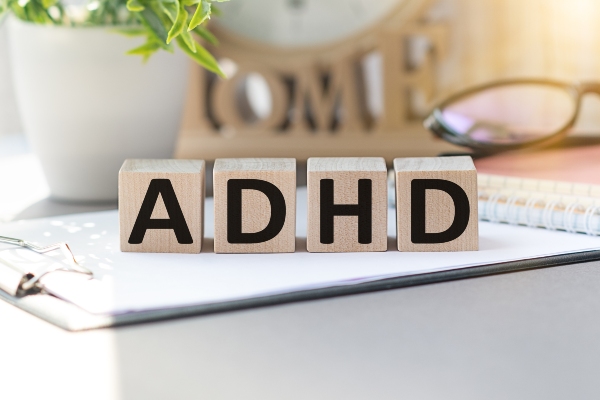 Going to an emergency psychiatrist can help stabilize your mind. Most people who present a psychiatric emergency suffer from a psychiatric ailment. Getting immediate help can stop the negative behaviors. If you want to know the common symptoms that an emergency psychiatrist watches out for, here are the details.
Going to an emergency psychiatrist can help stabilize your mind. Most people who present a psychiatric emergency suffer from a psychiatric ailment. Getting immediate help can stop the negative behaviors. If you want to know the common symptoms that an emergency psychiatrist watches out for, here are the details.
Suicide attempts
Feelings of hopelessness is a symptom that the psychiatrist looks for. Keeping the patient unharmed is the priority in treating this psychiatric emergency. This means depriving the patient of access to anything harmful. The psychiatrist must know about the patient’s suicidal attempts. Some patients make one attempt and then recover. Others keep making attempts against their lives.
Delirium
The psychiatrist will watch out for confusion and hallucinations. Keeping the patient away from harm is important. Supporting the patient’s health by maintaining hydration comes next. Ordering an MRI or CT scan will rule out any physical cause of the delirium. Prescribing medications can come next. This emergency could resolve in a few days or even weeks.
Depression
Loss of interest in anything and suicidal thoughts will be the first symptoms to check. Depression can cause a person to have low self-esteem. The psychiatrist will provide a combination of therapies. Psychotherapy and medications are common treatments. Bringing in a patient who is at risk for suicide can prevent self-harm.
Psychosis
The psychiatrist will look for paranoia and delusions. Administering antipsychotics is the immediate treatment. Placing the patient in a psychiatric ward is important for observation. The patient may also receive ECT (electroconvulsive therapy) if antipsychotics are not effective. The doctor will determine if the patient can take ECT.
Bipolar disorder
A psychiatric emergency for bipolar hallucinations and delusions. The psychiatrist will need to provide mood-stabilizing medication. Giving antipsychotics may also be an option. Reducing the intensity of manic episodes is also a priority.
Schizophrenia
The negative symptoms include poor motivation. There can also be social withdrawal. The positive symptoms are hallucinations and delusions. The psychiatrist will admit the individual to the hospital if the case is severe. This will prevent the patient from self-harm.
Anxiety
Symptoms to watch out for include sweating and trembling. The patient may cry or remain unresponsive. Admission to a hospital is necessary if the patient fears being alone at home. The distress can be debilitating to the patient and the family.
Excitement or violence
Aggression is the main symptom that the psychiatrist will look for. This can cause the patient to harm others or perform self-harm. Periods of excitement may be too difficult to handle. The patient will need admission to the hospital. Health care providers will keep an eye on the patient. Giving medications will be necessary to control the symptom.
An emergency psychiatrist can help keep you unharmed as you undergo treatment
Experience helps a psychiatrist spot the symptoms that show specific psychiatric emergencies. Being aware of them can help you get ahead of the situation. It may be distressing for the individual and the family. Working with your psychiatrist can help target and treat the symptoms. Doing so can even improve the prognosis of the specific psychiatric emergency.
Request an appointment or call Future Psych Ketamine Clinics at 843-788-9718 for an appointment in our Myrtle Beach office.
Recent Posts
Part of the job of a psychiatrist is to treat patients during psychiatric emergencies. A psychiatric emergency is a situation in which a patient cannot meet their own basic needs due to psychiatric impairment or becomes a danger to self and others.Because there are many different kinds of mental health conditions, it follows that there…
Seeing a psychiatrist for the treatment of your ADHD can help you manage your daily activities. Starting the treatment as a child can make adult treatments easier. But some adults have never been diagnosed with this condition before. If you want to know more about adult ADHD treatments from your psychiatrist, here are the details.ADHD…
Seeing a child psychiatrist can confirm if your child has depression. Kids can feel sad sometimes. But prolonged sadness and hopelessness can be destructive to a child’s development. Bringing your child to a therapist can help the situation. If you want to know more about the different depression treatments for your child, here are the…


